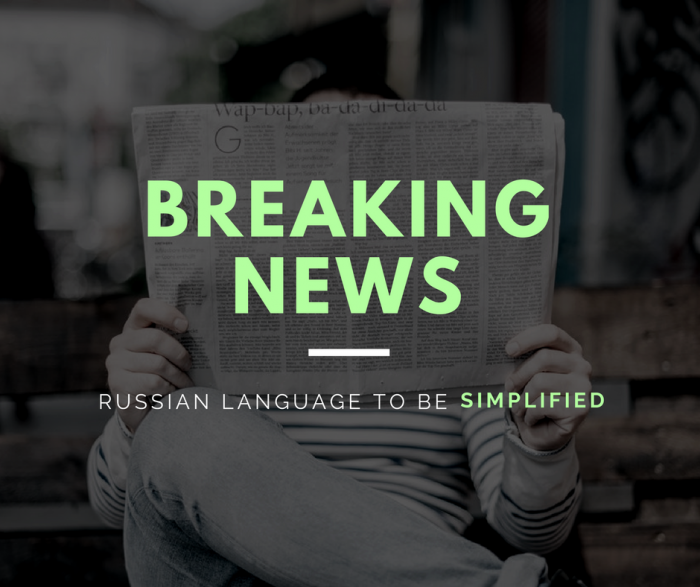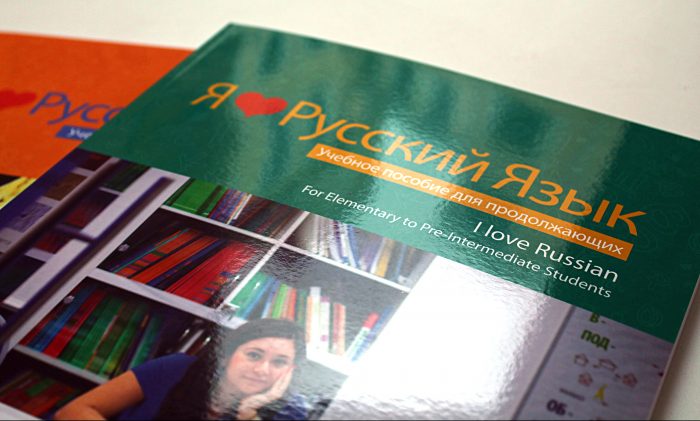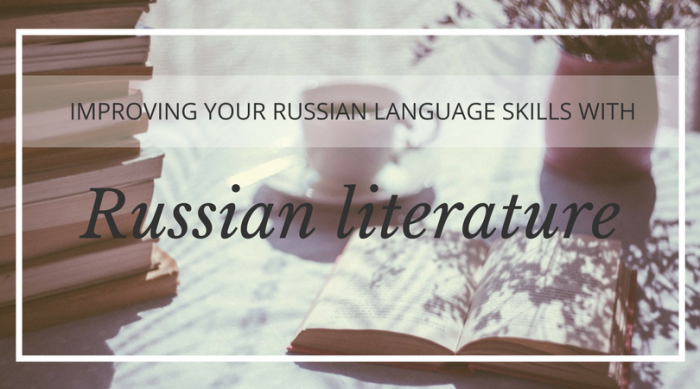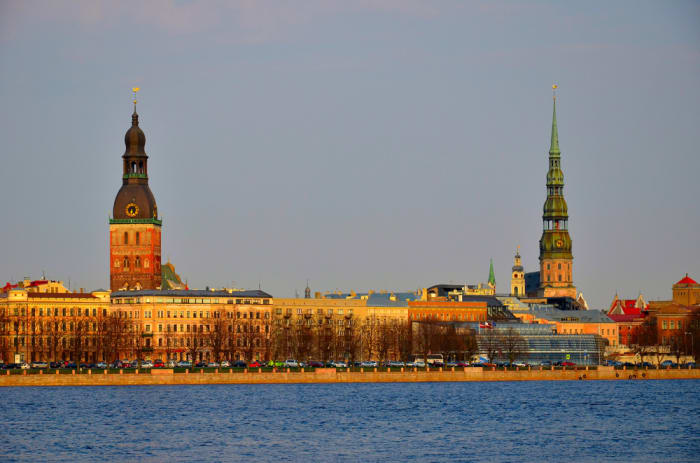
Riga has an animated history. The Latvian capital had a long time struggling until it finally reached independence. The many influences that shaped the Latvian culture are even nowadays noticeable. Riga was conquered by the Swedes, the Russians and the Germans. In the following article I would like to give you a short overview over the most important events in Latvia’s and thus Riga‘s history.
Riga history generally began as 1201 although archaeological evidence was found going back to 2500 B.C. Riga was a trading centre used by those sailing up the Daugava (river flowing through Russia, Belarus, and Latvia into the Gulf of Riga), towards Novgorod or on to the Black Sea and Constantinople. At that time German merchants were living in the area along with the local Liv and Kurši populations. The German mercenaries and traders established an outpost for trading with the Balts and made the city an important trading centre in northern Europe. Riga continued to grow and joined the Hanseatic League in 1282. It was an alliance of the most important trading cities founded by north German towns and German merchant communities abroad to protect their mutual trading interests. The league dominated commercial activities in northern Europe from the 13th to the 15th century.
in 1621, Riga came under the Rule of King of Sweden, Gustavus Adolphus, and became the largest city in the Swedish Empire. This period brought increased freedom and sweeping social reforms. It ended when Peter the Great invaded the city in 1710, ushering in almost 200 years of Russian rule. By 1900 Riga was, after Moscow and St. Petersburg the most important city in the Russian Empire. The industry and trading was blooming and the city experienced prosperous times. Throughout all these wars and changes of rulers, the power in Riga remained in the hands of the German merchant class. The demographics were slowly changing, and Latvians began to supplant Germans as the largest ethnic group in the city in the mid-19th century.
In the 20th century Riga history was characterized by German and Russian occupation. The first time Latvia declared its independence was on November 18, 1918. However, it should not least for long. 1940, it fell under Soviet occupation due to a shady deal between Stalin and Hitler. 1941-1944 the Germans took control over the city. After the Second World War it became officially a Soviet Republic. Finally, Latvia declared independence in 1991 and joined the United Nations the same year. Thirteen years later, in 2004, Latvia joined the European Union.
Top 10 things to do in Riga
Why should I study Russian in Riga?

Students will be happy to learn that the Russian Government has today announced plans to make Russian language easier in an effort to simplify greater international engagement. …

In a previous post, we revealed that Russians don't really say “na zdarovje” when they toast. While the phrase has been popularised in English language media – and a lot of Russians will nod politely and clink glasses with you if you use it – it’s not something a native speaker would ever…

Improve your Russian while working as an expat? Mission possible! …

What could be a better way for Russian immersion than reading, especially when you read the books that you find interesting and that can give you a better idea of the culture of Russia? Co-founder of Liden & Denz, Walter Denz shares his experience on how reading Russian literature can improve your…

To enjoy Riga, whether you’re studying in Riga at Liden & Denz, or just enjoying a weekend break, there are plenty of things to do in the city! Here’s our round up of the top ten things to do and see in this wonderful capital city. …

Latvian food is simple, hip, natural, but in a way heavy. It reflects the country’s agricultural heritage and the peasant lifestyle with people struggling with cold winters, enjoying the long white nights with arctic berries soaking in a warm sun and using everything the farm produced without…

One of Liden & Denz destinations, Riga may not seem like an obvious choice for learning Russian abroad just by the mere fact that is not in Russia. However, many students head to the Latvian capital for a Russian course. Below you can find 5 reasons to join them! …